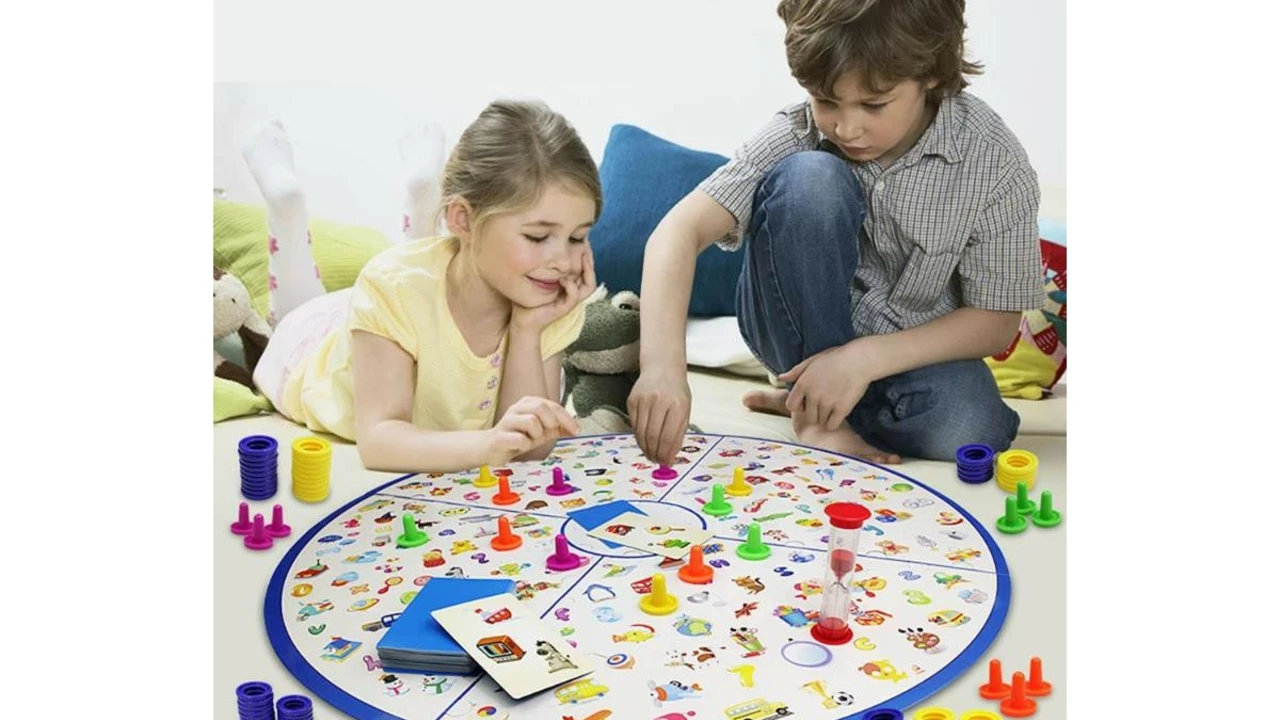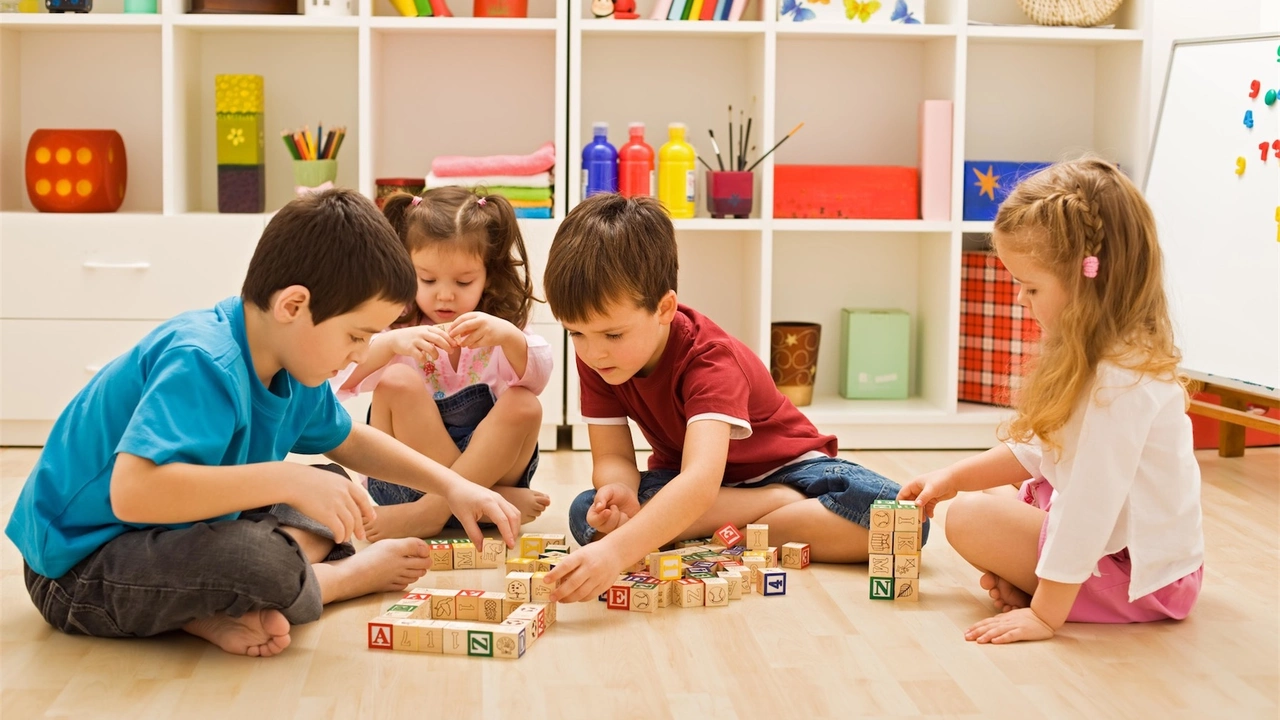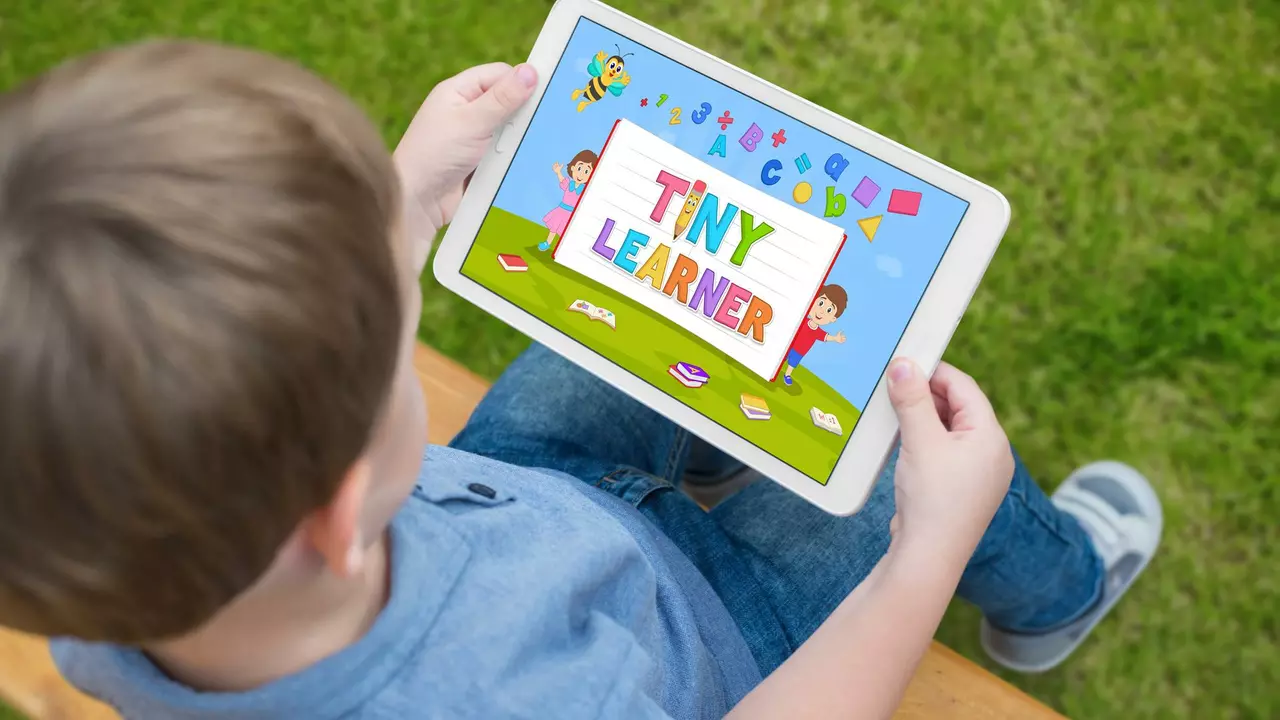The Power of Games in Children's Cognitive Development
As someone who's passionate about games and how they can influence our brains, I've been particularly interested in exploring their role in children's cognitive development. Games are not just about having fun; they can also be powerful tools for learning and mental growth. Through games, kids can develop a variety of cognitive skills including problem-solving, critical thinking, memory enhancement, and even the ability to focus and concentrate for extended periods. The right games can expand a child's mind, challenge their intellect, and foster their creativity.
Strategy Games: Chess, Sudoku, and More
When it comes to mind-expanding games, strategy games like chess and Sudoku are some of the best options. These games require players to think several steps ahead and strategize their moves, which can significantly boost their critical thinking and problem-solving skills. I've seen kids who play chess regularly exhibit improved concentration and memory, as they have to remember their opponent's moves and plan their own. Sudoku, on the other hand, is great for enhancing logical thinking and numerical skills. It's amazing to see how such simple games can have such a profound impact on a child's cognitive development.
Building Games: LEGO, Minecraft, and Beyond
Building games are another category of mind-expanding games that can be incredibly beneficial for kids. Games like LEGO and Minecraft encourage children to use their imagination and creativity to construct intricate structures and worlds. These games also foster spatial awareness and motor skills as kids have to carefully place each piece to create their desired build. Moreover, they can also introduce children to basic principles of physics and engineering, setting a solid foundation for their future learning in these fields. I've seen how these games can ignite a child's imagination and drive their curiosity to explore and learn more.
Puzzle Games: Jigsaw Puzzles, Rubik's Cube, and Others
Puzzle games are fantastic for stretching a child's mind and challenging their cognitive abilities. Jigsaw puzzles, for instance, require kids to analyze shapes and colors, and figure out where each piece goes, thereby enhancing their visual perception and problem-solving skills. The Rubik's Cube, a classic puzzle game, can significantly improve a child's memory and spatial orientation skills. It's a challenging game that requires patience, strategy, and a lot of mental gymnastics, making it a great tool for cognitive development.
Educational Video Games: Brain Training Apps, Quiz Games, and More
Educational video games are a modern take on mind-expanding games that can make learning fun and engaging for kids. There are various brain-training apps available nowadays that feature a range of games designed to improve memory, attention, speed, and more. Quiz games, too, can be a great way to enhance a child's general knowledge and quick thinking abilities. What's amazing about these games is that they can adapt to a child's skill level, ensuring a constant challenge that keeps their brains active and engaged. I strongly believe that educational video games can be a great supplement to traditional learning methods.
Role-Playing Games: Dungeons & Dragons, Pretend Play, and More
Role-playing games, like Dungeons & Dragons or even simple pretend play, can be amazing for a child's cognitive and social development. In these games, children have to put themselves in different characters' shoes, fostering empathy and understanding of different perspectives. They also have to think on their feet, make decisions, and navigate complex social interactions, which can greatly enhance their problem-solving and communication skills. From my experience, role-playing games can be a fun and engaging way to develop a range of skills in kids.
In conclusion, games are not just about entertainment. They can be powerful tools for cognitive development, fostering a range of skills from problem-solving and critical thinking to creativity and empathy. As a parent or caregiver, incorporating these mind-expanding games into your child's routine can be a great way to make learning fun and engaging.


